Riot Fest has applied for a permit to return to Chicago’s Douglass Park this summer but two other festivals that have been protested by members of the surrounding communities have pulled up stakes and gone elsewhere.
The decision by organizers of Heatwave and Summer Smash to move their festivals to other venues this summer appears to be a partial victory for residents and activists who protested the weeks of restricted access to their community park last summer.
The three festivals caused Douglass Park to be inaccessible to community residents of North Lawndale and Little Village for 46 days in the summer of 2022, causing disruptions in youth events, limited parking, increased traffic and damage to both the park and community health.
Riot Fest, which had been sent packing from Humboldt Park after similar concerns, has been a particular target of activists’ ire.
The Chicago Reader’s Kelly Garcia obtained a recording of a contentious public meeting held in Douglass Park. Scott Fisher, described as an “independent contractor hired by Riot Fest,” was unresponsive to questions and, his arms crossed defensively, eventually snapped at residents. “Listen if you can’t understand pure English and the fact that I can’t answer that question…”
Riot Fest management later apologized and Fisher was said to have been either “let go” or “stepped down,” depending on how you want to read this Tribune piece.
Riot Fest organizers had been required to hold the “community engagement” meeting as part of their agreement with the Chicago Park District. Apparently they were not required to take it seriously.
Riot Fest has applied to return to Douglass Park this September 15-17 but the permit has not yet been issued, according to WTTW News.
Chicago residents have been increasingly vocal about for-profit festivals and events encroaching on public parks and spaces designed for the enjoyment of all during the few months when they can be enjoyed by any. This July, Grant Park in the heart of Chicago will be closed to host NASCAR’s “Chicago Street Race,” followed by Lollapalooza in August.
Such events may take place over a single day or a weekend but block access for weeks as stages are built and then dismantled. In 2015, grassroots organizers claimed victory in kicking Riot Fest out of Humboldt Park, protesting “the continued privatization of the park that not only left it severely damaged, but limited its usage for residents months after the festival,” according to an editorial published by In These Times:
A letter from a community resident to the Sun Times last August pointed out that Riot Fest has negatively impacted the health and safety of North Lawndale and Little Village in exchange for comparatively little economic gain:
Following last summer’s events, organizers of the Lyrical Lemonade Summer Smash have announced they will be moving this year’s festival to SeetGeek Stadium in Bridgeview. Heatwave, the second of three festivals that took over Douglass Park last year, announced in February that they were moving to Northerly Island.
Pressure by members of the community was key in concessions by Chicago Park District officials to give more voice to the residents of communities whose public parks are being taken over by for-profit, ticketed festivals. It was a bold move, as taking into account community sentiment toward festivals held in their neighborhoods was a concession that, in the past, they never did.
Activists have called the continued takeover of public spaces by ticketed, for-profit festivals in residential neighborhoods like Lawndale a form of environmental racism. Large gatherings that could take place in a stadium or private location are instead taking advantage of the disempowerment of Black and Latino-majority neighborhoods where organizers can get away with restrictions and annoyances that would never be tolerated in more affluent areas. A Chicago Tribune story on Riot Fest’s contentious relationship with the community around Douglass Park quotes Xavier Nogueras, an activist who helped lead the eviction of Riot Fest from Humboldt Park on the similarities between the two campaigns:
Photo by Brandi Alexandra on Unsplash



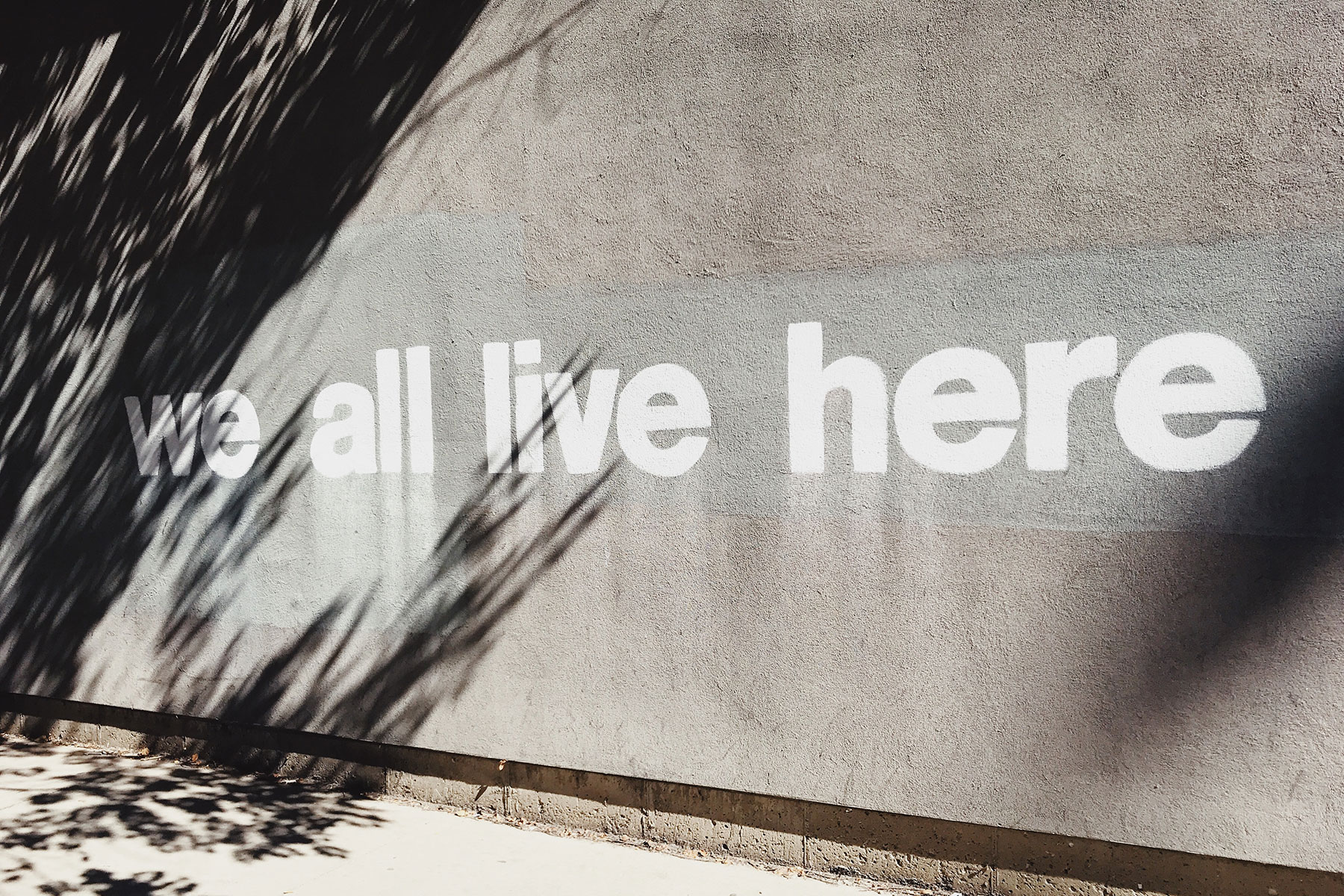
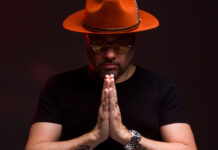

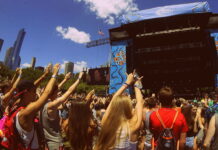
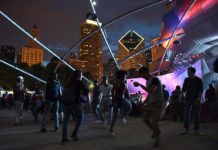
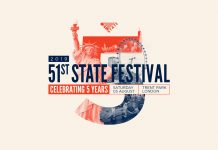












[…] Chicago House Music Festival has in the past taken place over Memorial Day Weekened. Due to the NASCAR Chicago street race taking over Grant Park, this year’s House Music Festival has been moved to the Humboldt Park Boathouse lawn three […]